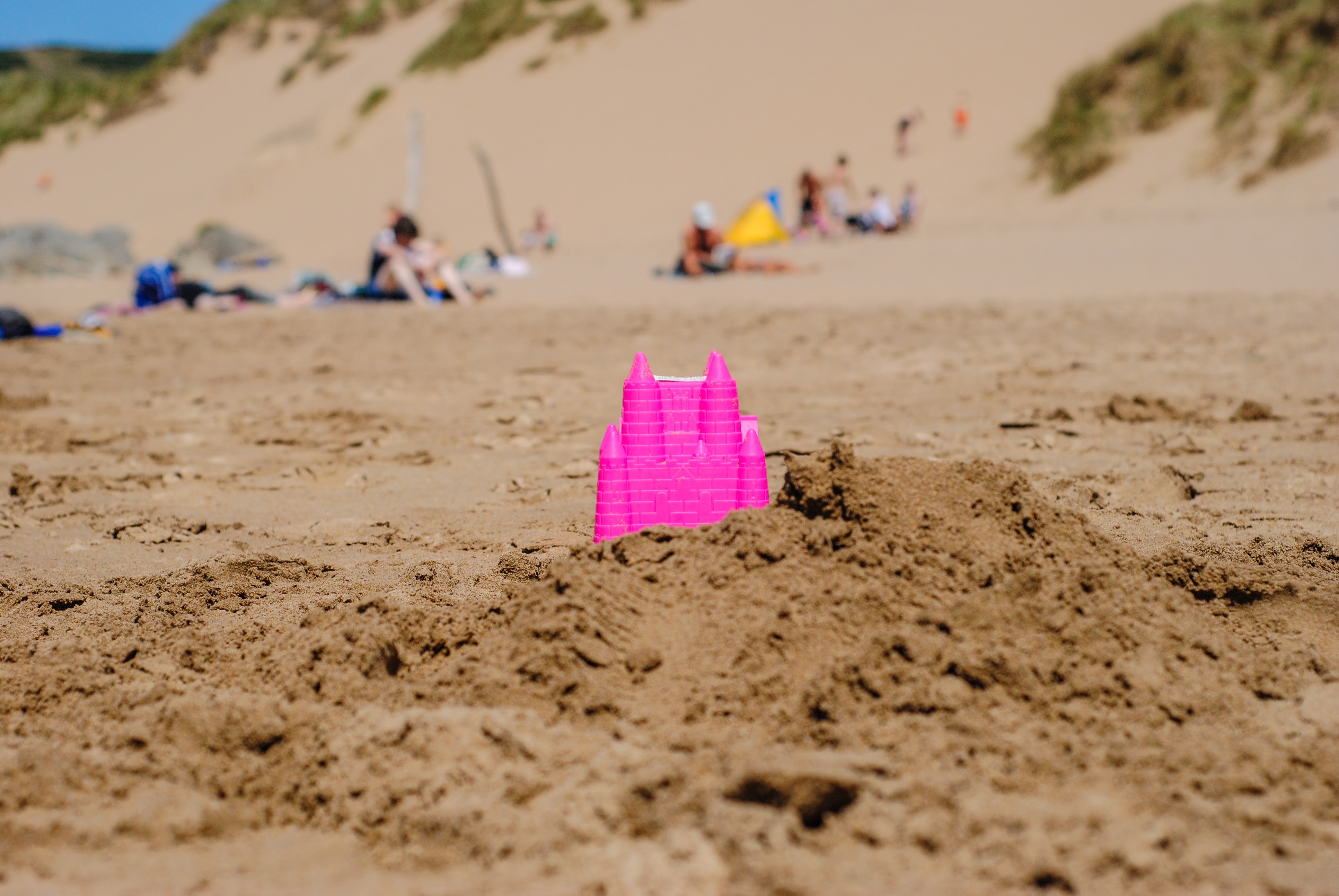Plastic in Our Oceans
11th February 2019
We all see the inviting, high-definition pictures that tourist companies and country promoters present to us; wonderful, pure, white beaches with crystal-clear sea water. But take a walk a mile down your nearest tourist beach and more often than not, you will be presented with the harsh truth, the elephant in the room, a face -full of rubbish.
It's not surprising given the increase in world population and the exponential growth of industries and plastic production, but when you see the contrast between a perfectly untouched piece of land and one that has an entire shoreline covered in refuse, it makes you wonder just how much longer it will be before reality can't be ignored anymore. It truly is an issue that needs to be addressed, and I am sure we are all aware of it too.
According to earthday.org, 8 million metric tonnes of plastic are thrown into the ocean annually, and that by 2020, there will be a greater mass of plastic in the ocean than fish. The sheer magnitude of these numbers may be hard to comprehend, but in layman's terms, this is very bad. The problem lies in today's reliance on plastic related products. Plastic is such a versatile material that we take it for granted. Its low weight, high strength and durability are all things we feel the need to take advantage of, without realising the devastating effects such consumption could have on the environment. Now, however, these effects are coming to light.
When you focus on the effect that plastic dumping has on the sea-life and ecosystems, just the same catastrophes can be seen. Many fish and marine organisms cannot distinguish plastic from food, ultimately ingesting the non-biodegradable materials, filling their stomachs and prevents them from consuming real food. This causes death in most cases. Not also does this affect the fish, but it also affects the health of humans. Fish who swim in toxic rubbish become contaminated, with these same fish ending up on our dinner plates. So not only should the incentive be to save and protect the sea-life, but it should also be to protect ourselves.
So what can we do about this situation? The word that should always be on our minds is; 'reuse.' By reusing we minimise our consumption and need to throw out rubbish. Understandably, however, we might not see our actions immediately lead to an improvement in ocean waste, but every little bit counts.

